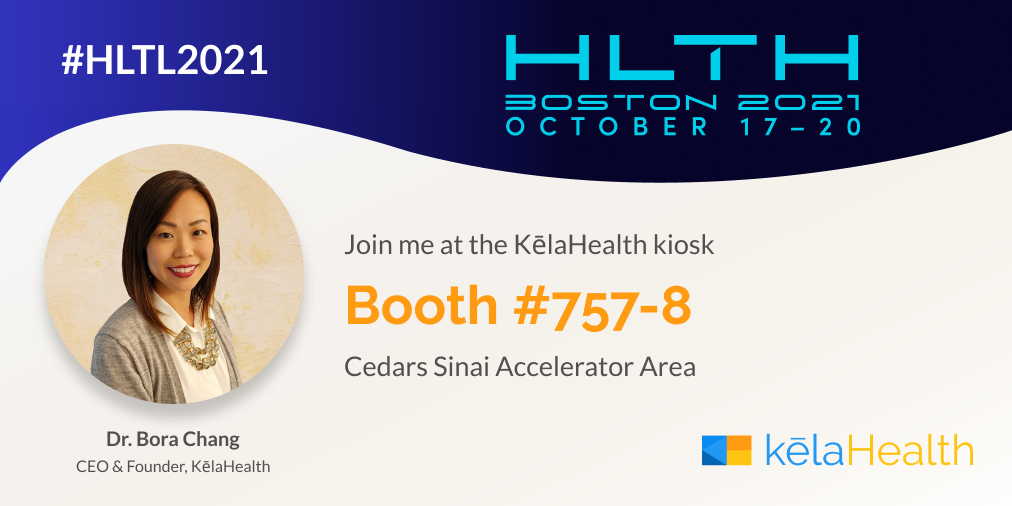As healthcare continues to shift from volume-based to value-based care models, improving patient outcomes while managing costs is becoming increasingly critical for hospitals.
Rather than relying solely on subjective surgeon experience, KelaHealth is empowering clinicians to make data-driven, consistent decisions with its perioperative care decision support tool to achieve value-based care goals and improve the quality of care for all patients.
Upon engaging KelaHealth, a hospital works with our team to define its surgical quality goals and tailor our risk-prediction platform to 'surface' the desired risk profiles and intervention recommendations.
Understanding the hospital's value-based care goals, KelaHealth leverages its library of nationally-trained machine-learning prediction models and selects the most appropriate models for the hospital's use case. Once identified, these models are tailored to the hospital's unique 'footprint' using local EHR datasets. To further tune these models, various machine learning methods, including transfer learning, are applied.
For example, in transfer learning, there are two stages:
1) Pretraining, where the model is generally trained on a large-scale benchmark dataset representing a wide diversity of labels/categories.
2) Fine-tuning, where the pre-trained model is further trained on the specific target task of interest.
Applied to surgical risk predictions, transfer learning strengthens models by applying knowledge previously gained from a broader scale to the customer's local demographics and policy 'footprint.' This tailors "general" learning to a specific and narrowed dataset, which allows for excellent prediction performance.
In a study done with a hospital partner, we were able to increase outcome prediction accuracy by up to 18% when transfer learning was applied compared to our "out of the box" national models and/or other clinical risk scores in use today. This allowed us to overcome hospitals' shortcomings with limited patient datasets by extending the power of performant models trained on national datasets and enabling hospitals to enhance their EHR with intelligence KelaHealth adapted and tested across time and geography.
Download our White Paper here and learn more about KelaHealth and the impact of AI on surgical risk predictions.




